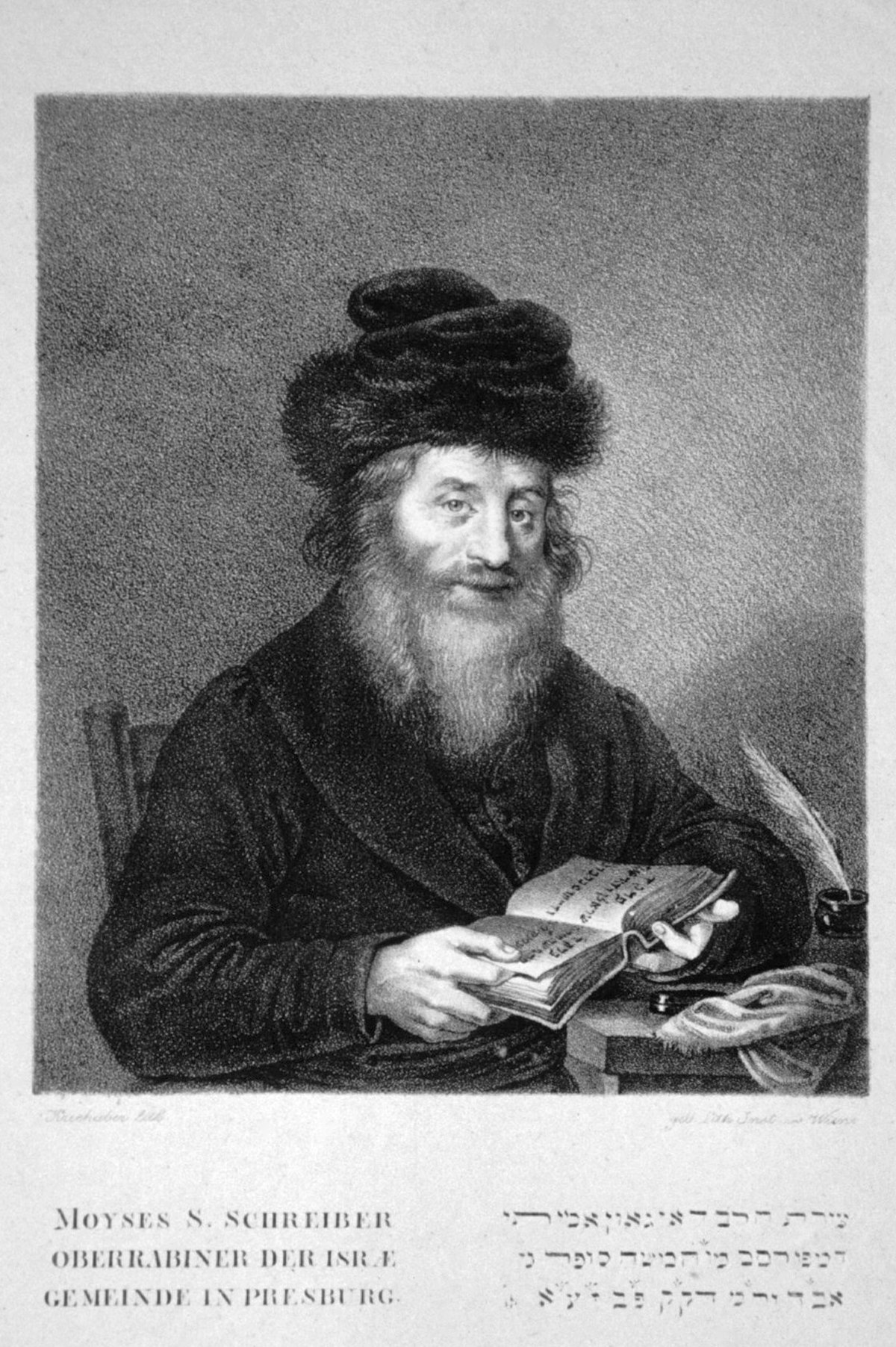
Orthodox Judaism
GermanyOrthodox Judaism is the collective term for the traditionalist and theologically conservative branches of contemporary Judaism. Theologically, it is chiefly defined by regarding the Torah, both Written and Oral, as revealed by God to Moses on Mount Sinai and faithfully transmitted ever since.
Orthodox Judaism therefore advocates a strict observance of Jewish law, or halakha, which is to be interpreted and determined exclusively according to traditional methods and in adherence to the continuum of received precedent through the ages. It regards the entire halakhic system as ultimately grounded in immutable revelation, and beyond external influence. Key practices are observing the Sabbath, eating kosher, and Torah study. Key doctrines include a future Messiah who will restore Jewish practice by building the temple in Jerusalem and gather all the Jews to Israel, belief in a future bodily resurrection of the dead, divine reward and punishment for the righteous and the sinners.
